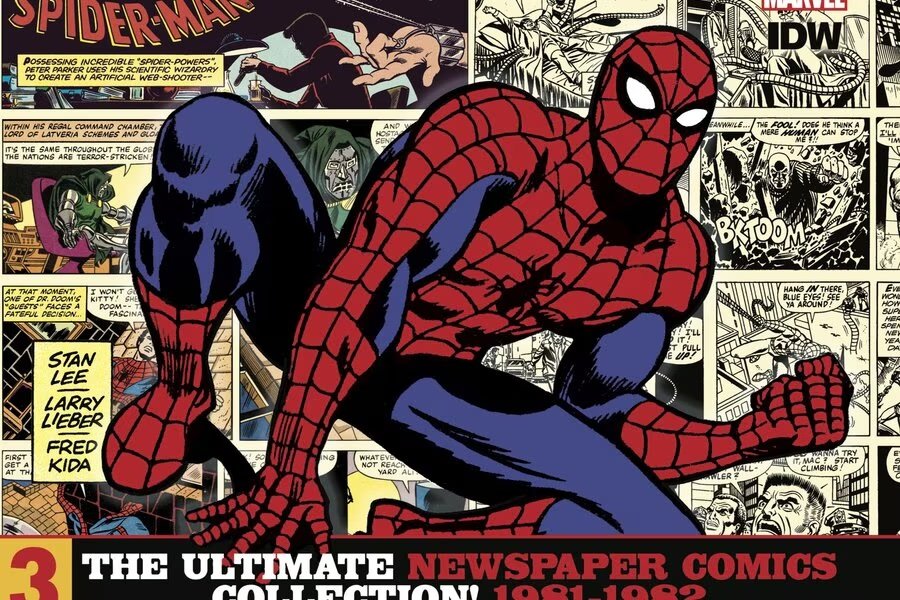The Spectacular History of Spider-Man Comics: A Web of Success
Since his debut in 1962, Spider-Man has swung through the pages of comic books and into the hearts of millions, becoming one of the most beloved superheroes of all time. Created by writer Stan Lee and artist Steve Ditko, Spider-Man's story is a tapestry woven with fascinating facts, remarkable statistics, and significant dollar values, reflecting the character's profound impact on the comic book industry.
Spider-Man first appeared in Amazing Fantasy #15 in August 1962. The character was conceived during a period when superhero comics were struggling to maintain readership. Stan Lee, seeking a relatable hero, created Peter Parker, a teenager burdened with typical adolescent issues while juggling his responsibilities as Spider-Man. Steve Ditko, co-creator and primary artist, designed the iconic costume and illustrated the early adventures of the web-slinger.
Following the positive reception of Spider-Man's debut, Marvel Comics launched The Amazing Spider-Man series in March 1963. The series quickly became one of Marvel's flagship titles, solidifying Spider-Man as a cultural icon. By the late 1960s, the character's popularity had skyrocketed, leading to a daily comic strip that began in 1977 and ran until 2019.
Milestones and Creators
Over the decades, Spider-Man's stories have been shaped by numerous talented writers and artists:
Stan Lee and Steve Ditko (1962-1966): Created the foundational lore and characters, including iconic villains like Doctor Octopus, Green Goblin, and the Lizard.
John Romita Sr. (1966-1970s): Took over the art duties after Ditko, bringing a more polished and mainstream look to the character. Romita's tenure saw the introduction of characters like Mary Jane Watson and the Kingpin.
Gerry Conway (1970s): Known for penning the death of Gwen Stacy, a pivotal and controversial moment in comic book history.
Todd McFarlane (1988-1990): Revitalized the series with his unique art style, leading to the launch of a new title, Spider-Man (1990), which set a record for the highest initial print run of any comic book at the time, with 2.5 million copies sold.
Brian Michael Bendis (2000-2018): Created the Ultimate Spider-Man series, reimagining the character for a new generation and contributing to the creation of Miles Morales, a Spider-Man from an alternate universe.
Success and Cultural Impact
Spider-Man's commercial success is unparalleled in the comic book industry. Over the years, the character has generated billions of dollars in revenue through comic book sales, merchandise, and media adaptations.
Comic Book Sales: Spider-Man comics have consistently been top-sellers. In 2012, Marvel released The Amazing Spider-Man #700, which sold over 200,000 copies in its first month.
Merchandise: Spider-Man-themed merchandise, including toys, clothing, and accessories, has generated over $1 billion annually.
Media Adaptations: Spider-Man's presence extends beyond comics into television, film, and video games. The 2002 Spider-Man film directed by Sam Raimi grossed over $821 million worldwide. The 2018 animated film Spider-Man: Into the Spider-Verse won an Academy Award for Best Animated Feature and grossed $375 million globally.
Comic Book Auctions: High-grade copies of Amazing Fantasy #15 have sold for record amounts. In 2021, a copy graded CGC 9.6 sold for $3.6 million, making it the most expensive comic book ever sold at auction.
Video Games: The 2018 Spider-Man video game for PlayStation 4 became the fastest-selling first-party game in Sony's history, selling over 3.3 million copies in its first three days.
The Legacy of Spider-Man
Spider-Man's journey from a struggling teenager in Queens to a global icon is a testament to the enduring appeal of well-crafted storytelling and relatable characters. The legacy of Spider-Man is reflected in the generations of fans and creators who continue to be inspired by his adventures. As long as there are stories to be told, Spider-Man will continue to swing through the pages of comic books and into the hearts of readers worldwide.
In conclusion, Spider-Man's history is not just a tale of a superhero but a saga of creative triumph, commercial success, and lasting cultural impact. From the minds of Stan Lee and Steve Ditko to the vast array of artists and writers who followed, Spider-Man's web is woven with threads of dedication, innovation, and passion.




